Four questions regarding the new P2B Regulation
On July 12, the European 'Platform-to-Business' (P2B) regulation came into force. Entrepreneurs are increasingly conducting business whilst using online marketplaces. The European Commission would like to support them by establishing rules on what should be included in the general terms and conditions, offering more transparency on rankings and supporting them in resolving disputes. Not enough time to read through the entire regulation? That makes sense, therefore we sum up and discuss the four most important areas.
1. To whom does the P2B regulation apply?
The P2B regulation applies to platforms that facilitate transactions between businesses (sellers) and consumers (buyers). Even if the final transaction does not occur on the platform itself, but on the website of the seller or at a physical location. Think of comparison websites such as Gaslicht.com or a platform such as 1kapper that enables you to make an appointment at the local hair salon.
A platform falls within the P2B regulation if it fulfills the following criteria:
- The sellers on the platform are located in the European Union
- On the platform, products and services are offered to consumers in the European Union
- On the platform, sellers offer products and services to consumers (B2C) and not business to business (B2B)
- The platform has a contractual agreement with the sellers offering their products or services
It also occurs that platforms are not covered by the P2B Regulation. Logically, an online store selling directly to consumers does not have to comply with the provisions stated in the regulation. Platforms that enable consumers to exchange products with each other (free of charge) such as Nextdoor or Peerby, are also safeguarded.
Do you have some uncertainties about whether your platform should comply with the regulation? Download the infographic and find out!
2. What requirements should the general terms and conditions meet?
The European Commission also sets up a number of new rules for the general terms and conditions of a platform. For example, the terms and conditions must be written in a clear language and should be easy to find for sellers on the platform. In addition, the terms and conditions includes a description to which data, including personal data, a seller will have access.
If there is a change in the terms and conditions, a seller will have 15 days for determining to agree with the terms and conditions, or to no longer offer products and services via the platform. If a drastic change occurs, a longer cancellation period will apply, which provides the seller with more time to prepare properly. In the case of a textual change, a change in the legal obligations or a change relating to a threat for consumers (such as fraud), no cancellation period applies.
The general terms and conditions also describe when a platform is allowed to suspend or remove a seller. For this, a good motivation must be drawn up with objective reasons, such as repeatedly violating the terms and conditions or offering poor products or services. A platform must inform a seller at least 30 days prior to their removal, unless an acute reason applies.
3. What are the rules for rankings and the relationship between own products and those of third parties?
Rankings are extremely important for sellers on a platform. Issues such as high returns, cancellations or low ratings provided by buyers can affect the ranking a seller receives in the search results. The European Commission wants platform providers to provide more insight into the parameters that are used to determine the ranking. The general terms and conditions should therefore also include the most important parameters and its significance. If, it is possible to climb up in the ranking in return for payment, this as well should be clearly described in the terms and conditions. Finally, a platform owner may not give preference to its products compared to the products of third parties. This must also be clearly communicated by the platform owner.
4. What are the changes for handling complaints and to whom does this apply?
For resolving disputes between a platform and a seller, the European Commission established new rules for the larger players. These are platforms that have over 50 employees or an annual turnover of more than 10 million euros. These parties will have to set up an internal system for complaints handling where sellers can address their complaints simple and fast. In addition, these platforms appoint two or more mediators able to resolve disputes alternatively, out of the court. If, nevertheless, a lawsuit is the case, a non-profit organization can speak on behalf of the sellers.
Read the entire article (in Dutch) on Emerce!


.svg)





.svg)

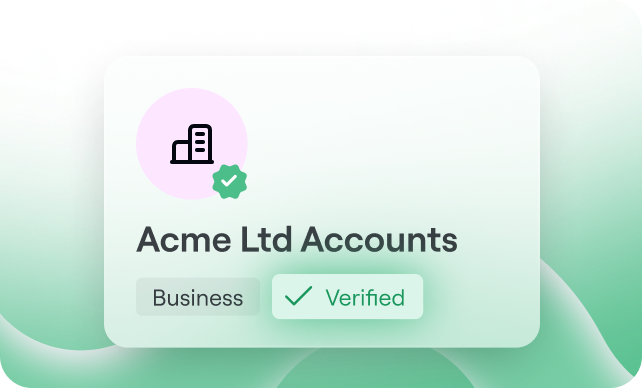

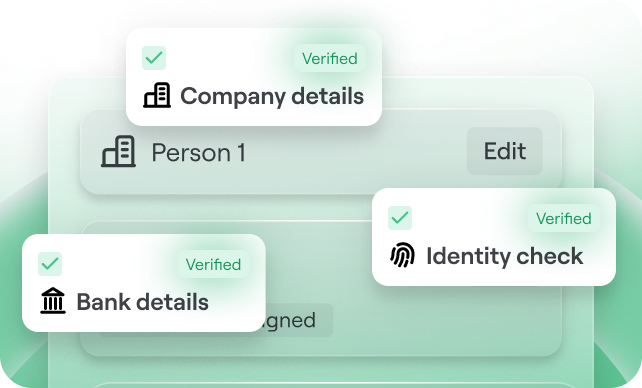
.svg)
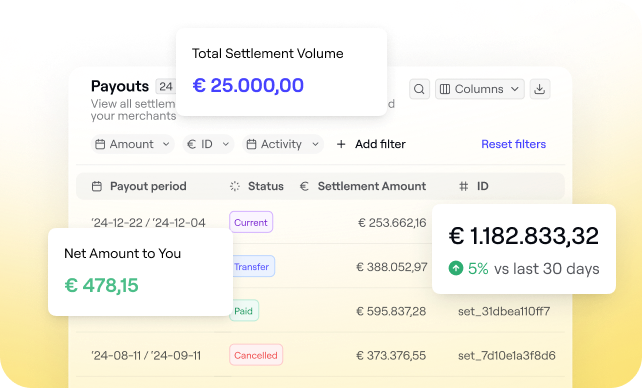
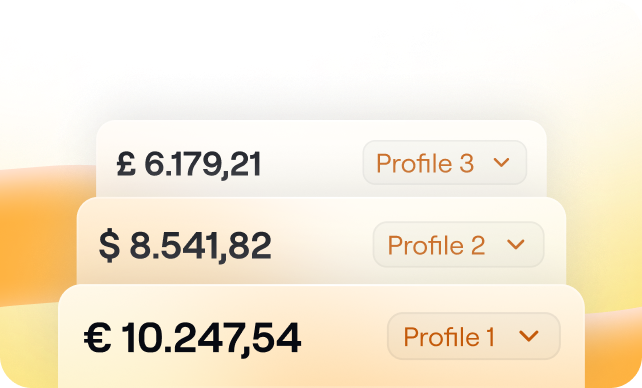


.svg)
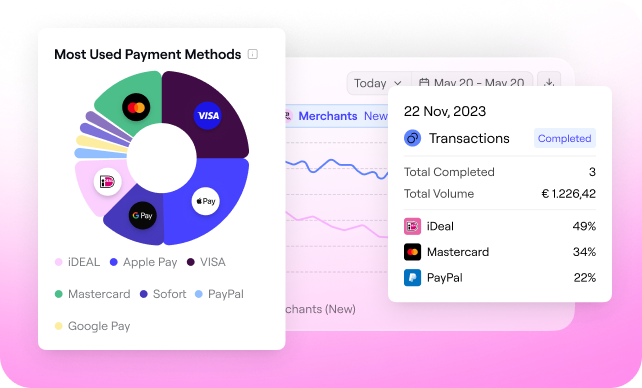
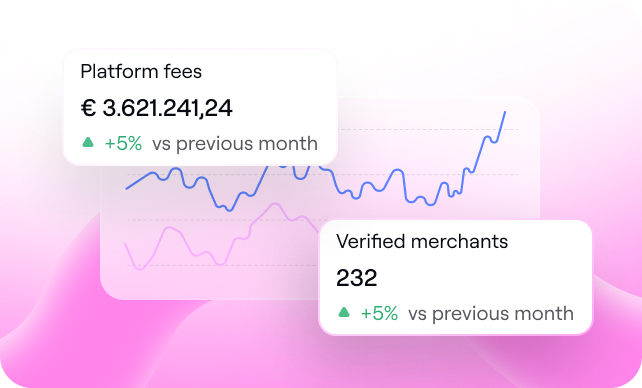

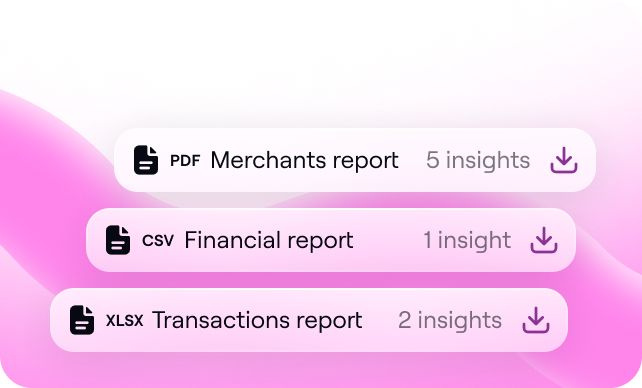
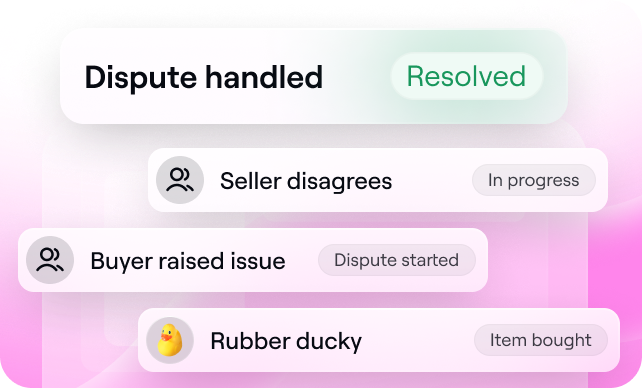















%20(1).png?width=1300&name=Copy%20of%20Copy%20of%20Blog%20post%20(1620%20x%201080%20px)%20(1).png)



.png)
.png?width=75&height=51&name=Worldline%20(2).png)